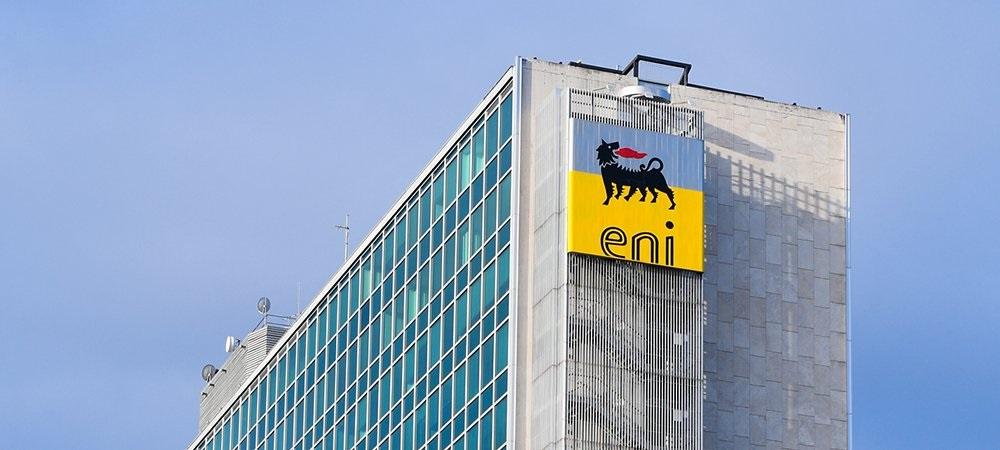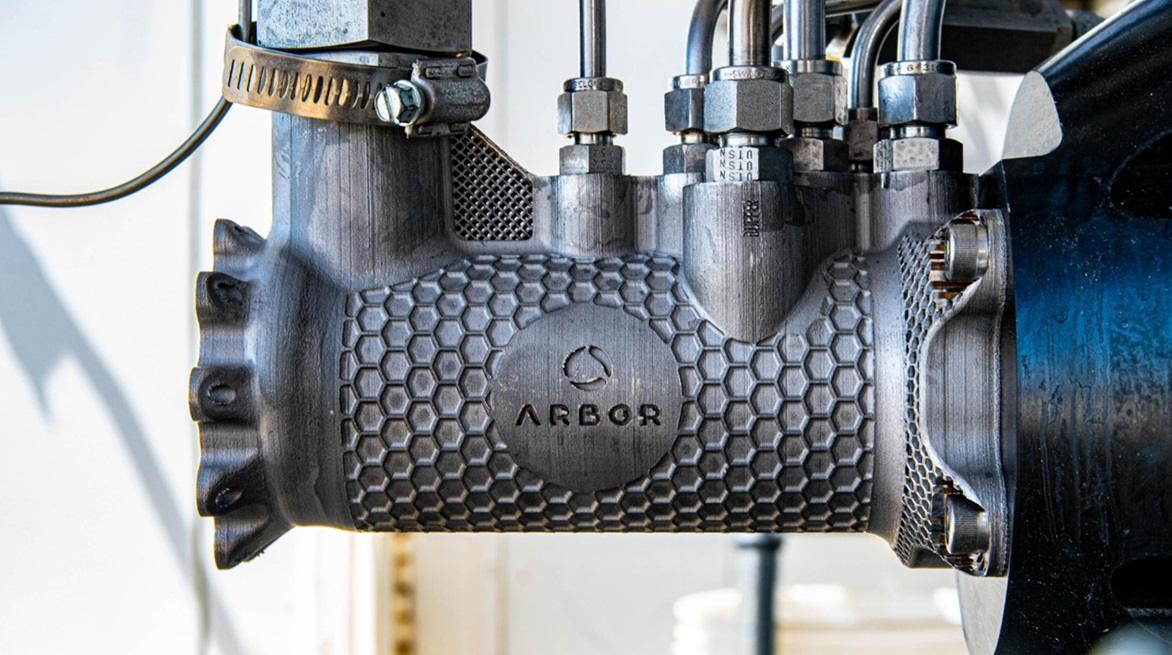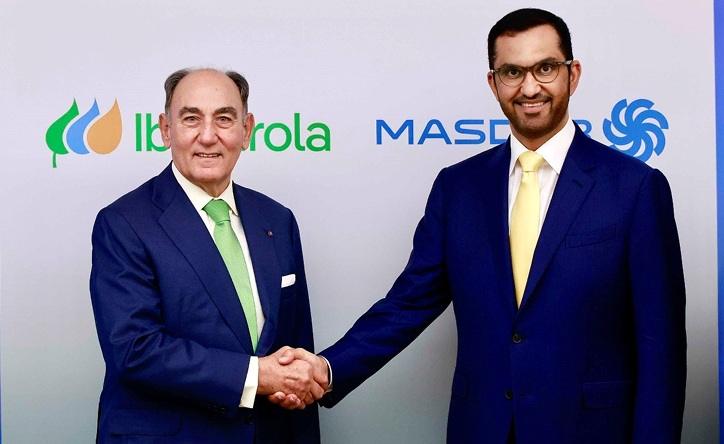Eni Boosts Decarbonization Targets, Merges Renewable and Retail Businesses
Integrated energy company Eni announced a series of sustainability moves, including raising decarbonization and renewable energy goals, and setting interim emissions reduction targets, with the release of the company’s Strategic Plan for 2021-2024. As part of the new plan, Eni will merge its renewable and retail businesses.
As part of the company’s new sustainability targets, Eni has set goals to reach the net zero emissions and net zero carbon intensity by 2050. This marks a significant boost to the company’s commitment made last year of an 80% emissions reduction by that time. Eni also released its interim decarbonization targets, including a 25% reduction in absolute emissions by 2030, and 65% by 2040.
Eni outlined several of the initiatives, products and operations the company will pursue on its decarbonization journey. These include raising bio-refinery capacity 5x bio 2050, increasing use of biogas, waste and recycling final products, investing in efficiency and digital solutions, and utilizing blue and green hydrogen for its bio-refining system and other hard to abate activities. On the renewables front, Eni expects to increase capacity up to 4GW in 2024, 15GW in 2030 and 60GW in 2050. Eni will reach net zero through contributions to forestry and carbon capture and storage initiatives.
The company stated that merging its renewables and Gas and Power retail businesses will increase integration and synergies and to maximize value generation along the whole green power chain, and increase supply of renewable power from 4GW to 15GW by 2030. Eni has earmarked €4 billion for investment in the combined business over its four-year strategic plan.
Claudio Descalzi, Eni CEO, said:
“Eni is strongly committed to continue to play a key role in sustainability and innovation, supporting social and economic development in all our activities.”





